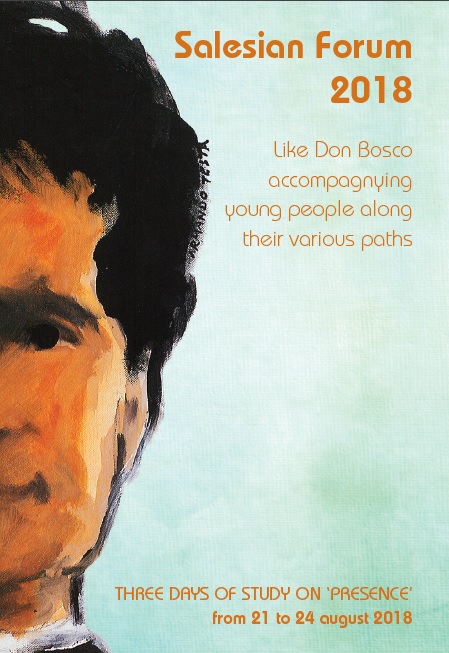Don Bosco ha mostrato l’importanza di incontrare i ragazzi nei luoghi della loro vita, piuttosto che pretendere di accoglierli all’interno di strutture o proposte precostituite. Questo ha consentito di conoscere e riconoscere chi altrimenti non sarebbe mai arrivato ai servizi o agli interventi predefiniti costruendo un modo di lavorare fondato sull’incontro con la persona prima che sulla risoluzione del disagio.
Continue reading “Andrea Zampetti – Come Don Bosco camminare con i giovani. La presenza educativa”





